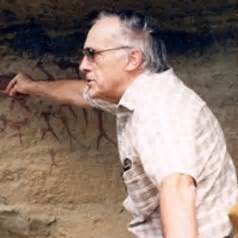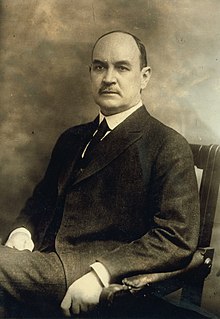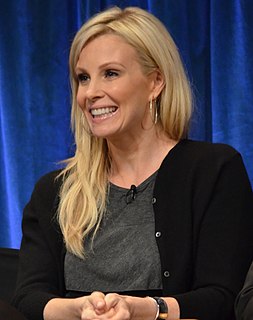A Quote by Peter Diamandis
Drones watch for disease and collect real-time data on crop health and yields.
Related Quotes
The big thing that's happened is, in the time since the Affordable Care Act has been going on, our medical science has been advancing. We have now genomic data. We have the power of big data about what your living patterns are, what's happening in your body. Even your smartphone can collect data about your walking or your pulse or other things that could be incredibly meaningful in being able to predict whether you have disease coming in the future and help avert those problems.
The ability to collect, analyze, triangulate and visualize vast amounts of data in real time is something the human race has never had before. This new set of tools, often referred by the lofty term 'Big Data,' has begun to emerge as a new approach to addressing some of the biggest challenges facing our planet.
The use of drones is rapidly transforming the way we go to war. On the battlefield, a squad leader can receive real-time data from a drone that enables him to view the landscape for miles in every direction, dramatically expanding the capabilities of what would normally have been a small and isolated unit.



































